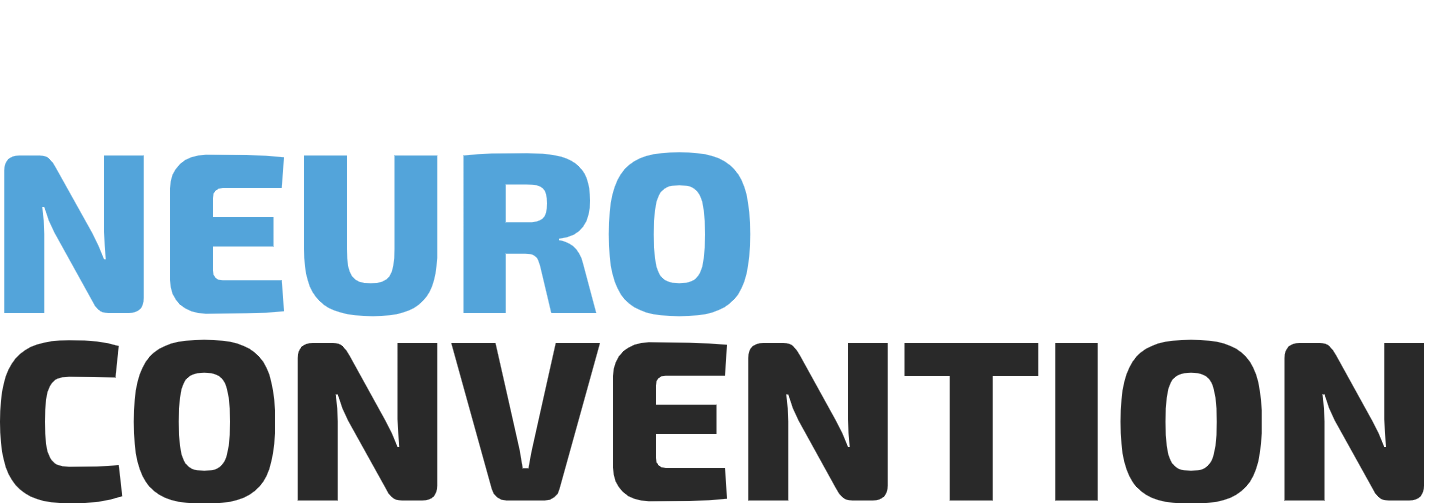Are subscalp devices the future for people with epilepsy?
)
New research from Dr. Jonas Duun-Henriksen of the Department of Basic & Clinical Neuroscience, King’s College, London explored some of the possible outcomes for people with epilepsy who are using subscalp devices. Though the technology is still very new, he was able to identify some significant potential benefits.
Long Data Accumulation & Enhanced Treatment
The use of subscalp devices will allow for personal long data to be obtained. Many people who experience seizures fail to report minor episodes to their doctors, meaning that they are only able to record data about the major seizures that a person experiences – and that would be collected after the fact. A subscalp device can ensure that all seizure events are recorded, helping to provide clarity about the type of epilepsy that a person may have and ensure that neurologists are able to provide the right treatment.
Treatment is determined by a patient’s seizure count. Usually, this data is recorded by the patient themselves in a seizure diary, but for a long time, doctors have been calling for a more reliable method for obtaining this information. Patients, due to a lack of medical expertise, can incorrectly list non-seizure events (such as antiepileptic drug side effects) in their seizure diaries. A subscalp device will be able to correctly identify any medical event that a patient may experience while wearing it.
Seizure Localisation
If medical treatment for seizures is ineffective, surgery can be essential. Localising the seizure onset zone is quite a difficult task and one which can present a significant challenge to neurosurgeons. However, subscalp devices may be provide some assistance in seizure localisation. The broad electrode coverage could be used to localise a given cerebral lobe, though at this point in time, more research and data is required to definitively prove this.
Seizure Alarming
The fear of having a seizure and not being able to receive the appropriate treatment and support is something that causes a significant decrease in the quality of life for people with epilepsy, making them feel anxious and depressed. However, subscalp devices can do something to alleviate this fear and prevent a person’s seizure from going unnoticed. If a person wearing the device suffers a seizure, any healthcare providers or family members can be notified so that they can ensure appropriate steps are taken. When considered in this regard, subscalp devices can potentially save lives by reducing the risk of sudden unexpected death in epilepsy (SUDEP).
Seizure Forecasting
In addition to the security that seizure alarming can provide, people living with epilepsy may gain further improvements to their quality of life through seizure forecasting. In theory, a subscalp device may be able to predict the occurrence of a future seizure with enough time to ensure that the user has time to take appropriate steps. Though it has yet to be established whether this is achievable, it remains a possibility. Several ongoing studies seek to determine the viability of seizure forecasting with subscalp devices.
Having corresponded with Dr. Dunn-Henriksen, I found that he believes we are still about a year and a half away from determining the full extent to which subscalp devices can benefit patients. The potential scope is not limited to epilepsy, either. This kind of technology could help improve the quality of life of people with Alzheimer's, sleep disorders and various other diseases that require neurorehabilitation. The latest medical article on the subject gave a report on a patient using one of these subscalp devices for 230 consecutive days and the benefits are already becoming apparent.
The research of Dr. Jonas Duun-Henriksen certainly leaves much to be optimistic about.
.
For news and information on the latest innovations and research in neuroscience, register to attend Neuro Convention, taking place on the 15th and 16th of September. We’re a growing community of neurology professionals, where everybody is given a chance to make connections, exchange insights and cultivate their expertise. Read about the measures we are taking to ensure that our event is safe.



